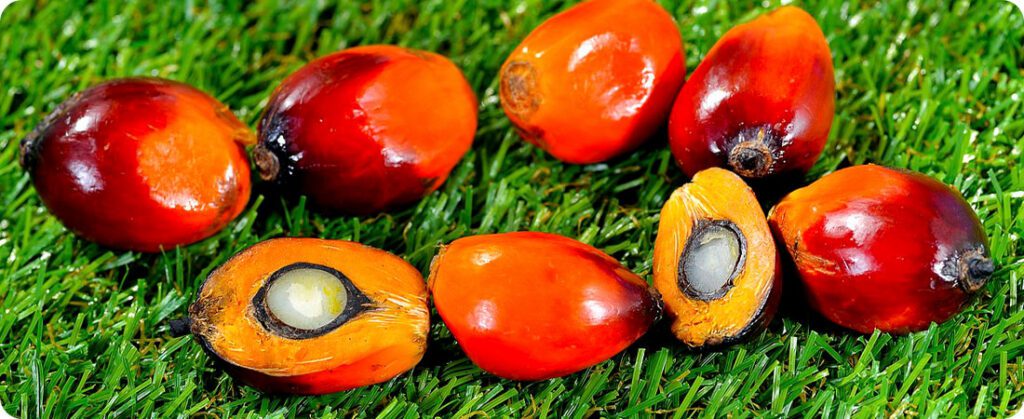
Indonesia, the world's largest exporter of palm oil, announced on Thursday (8) new regulations that limit exports of used cooking oil and palm oil residues. The measure aims to prevent a reduction in the supply of crude palm oil (CPO) to the national industry.
According to a ministerial decree issued on Wednesday (7), shipments of palm oil mill effluents (POME) and high-acid palm oil residues (HAPOR) will be restricted. Data from the Ministry of Commerce revealed that exports of these products have exceeded the estimated production capacity of 300,000 tons per year in recent years.
In 2023, exports of POME and HAPOR reached 4.87 million tonnes, while from January to October 2024 they already totalled 3.45 million tonnes. In comparison, exports of crude palm oil were significantly lower, at 3.6 million tonnes in 2023 and 2.7 million tonnes in the first ten months of 2024.
Disproportionate growth in waste exports
The figures show a significant increase of 21% in POME and HAPOR exports between 2019 and 2023. In contrast, crude palm oil exports fell by 20% in the same period.
In light of this scenario, the government has decided to regulate these residues. They are widely used in the production of biofuels and fertilizers. However, there are suspicions that they are being mixed with virgin CPO, as highlighted by the Minister of Commerce, Budi Santoso.
“The data shows that the exported POME and HAPOR were not purely residues or processed by-products of used CPO, but also contained virgin CPO. This puts at risk the availability of the product for the domestic market,” Santoso said in an official statement.
Measures to preserve the domestic market
With the new decree, the government therefore seeks to guarantee the supply of CPO to meet the growing domestic demand. In addition, the measure aims to avoid negative impacts on local industries, which depend on oil for the production of food and fuel.
Consequently, this action reflects the country’s commitment to balancing its exports with the sustainability of its domestic supply chain. Ultimately, the initiative reinforces Indonesia’s position as a global leader in the palm oil market.
Source: Dewi Kurniawati | Notícias Agrícolas














